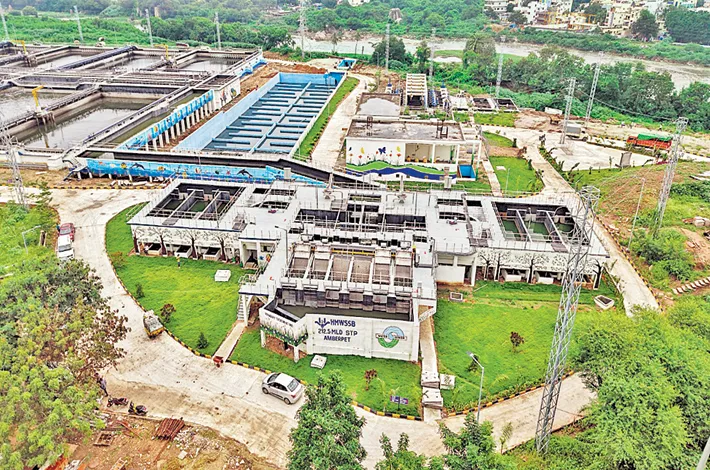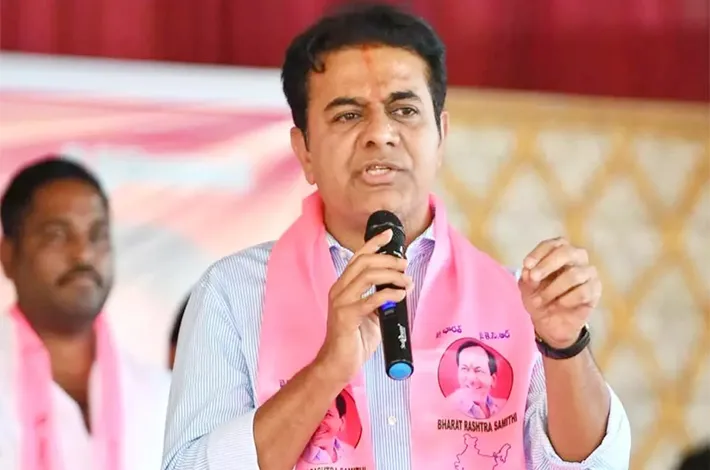CM Revanth to inaugurate new Sewage Treatment Plants today
26-09-2025 12:00:00 AM

Metro India News | Hyderabad
Telangana Chief Minister Revanth Reddy will inaugurate six newly constructed sewage treatment plants (STPs) in Hyderabad today, including the Amberpet facility. In addition, he will lay the foundation for 39 more STPs across urban local bodies and villages within the Outer Ring Road (ORR) area, as part of a larger plan to achieve 100% sewage treatment in the metropolitan region.
The Hyderabad Metropolitan Water Supply and Sewerage Board (HMWS&SB) currently manages water supply and sewage treatment across GHMC limits and ORR-area urban local bodies, covering 1,450 square kilometres. The city’s existing sewer network spans 10,753 km, with 614,000 manholes. The 25 STPs built between 2008 and 2009 had a combined capacity of 772 million litres per day (MLD), while current sewage generation in GHMC is 1,950 MLD.
From 2022 to 2025, 20 new STPs with a total capacity of 1,106 MLD were constructed. Two became operational in November 2023, while the remaining 15 were completed and commissioned after December 2023. With the older 772 MLD capacity included, Hyderabad now has 42 STPs with a total capacity of 1,764.8 MLD. Three more STPs, adding 113.5 MLD, are expected by October 2025, bringing the total to 45 STPs and enabling full sewage treatment coverage in GHMC.
For the ORR region, 39 new STPs with a combined capacity of 972 MLD have been approved under the AMRUT 2.0 initiative at an estimated cost of Rs 3,849.10 crore. These are expected to be completed by 2026, helping reduce pollution in the Musi River and surrounding lakes. A detailed project report has also been prepared to lay trunk lines along the Musi River to control sewage flow, with an estimated cost of Rs 4,700 crore. By 2036, the plan aims for 100% sewage treatment across the TCUR area.
The Musi River corridor currently has a total treatment capacity of 1,315 MLD, including Amberpet (339 MLD), Nagole (172 MLD), Nallacheruvu (30 MLD), and Attapur (51 MLD). New STPs built in 2024–25 add 723 MLD, raising the projected Musi corridor capacity to 1,549 MLD by 2027.








